Brazil has
offered free AIDS treatment to its citizens for the past
decade, but the highly effective program could be bankrupted
by soaring costs for new AIDS drugs, reports The Boston Globe.
Prices for the
new medicines have increased Brazil's spending more than
75% over the past two years. The new antiretrovirals
are needed, as tens of thousands of patients have
become resistant to the old antiretroviral drugs that
are available in a cheaper generic form. The new drugs
cost as much as $17,000 per person in Brazil, while the old
generic drugs cost hundreds of dollars per patient every
year.
Brazil's free
treatment program cut AIDS deaths in Brazil by 50% to
11,000 in 2005 and inspired Thailand, Uganda, and other
countries to provide free antiretrovirals. Today, 0.6%
of Brazil's adult population has HIV, a rate of
prevalence lower than in the United States.
The burgeoning
debate among activists, pharmaceutical companies, and
health officials in Brazil will have worldwide implications
for intellectual property rights and AIDS treatments
in rich and poor countries. Activists want Brazil's
government to lower drug costs by making generics of
drugs that are under patent. A 2001 World Trade
Organization declaration permits any country to copy
patented drugs if necessary to protect the public
health. (The Advocate)








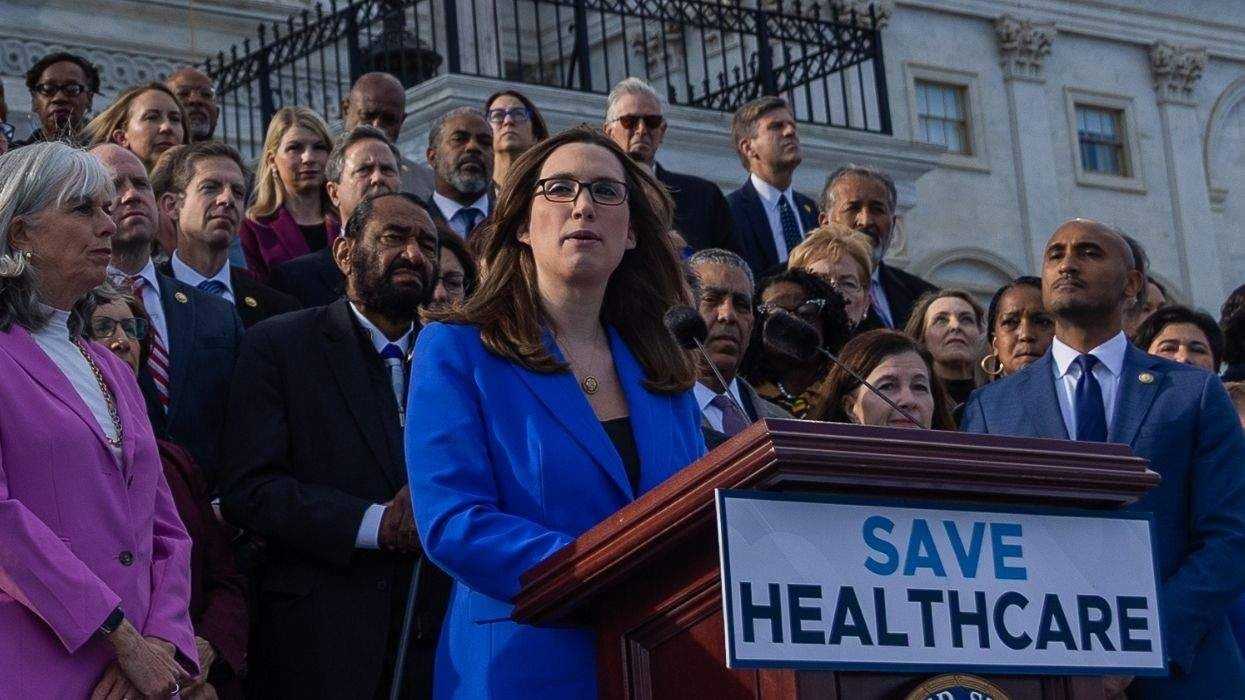

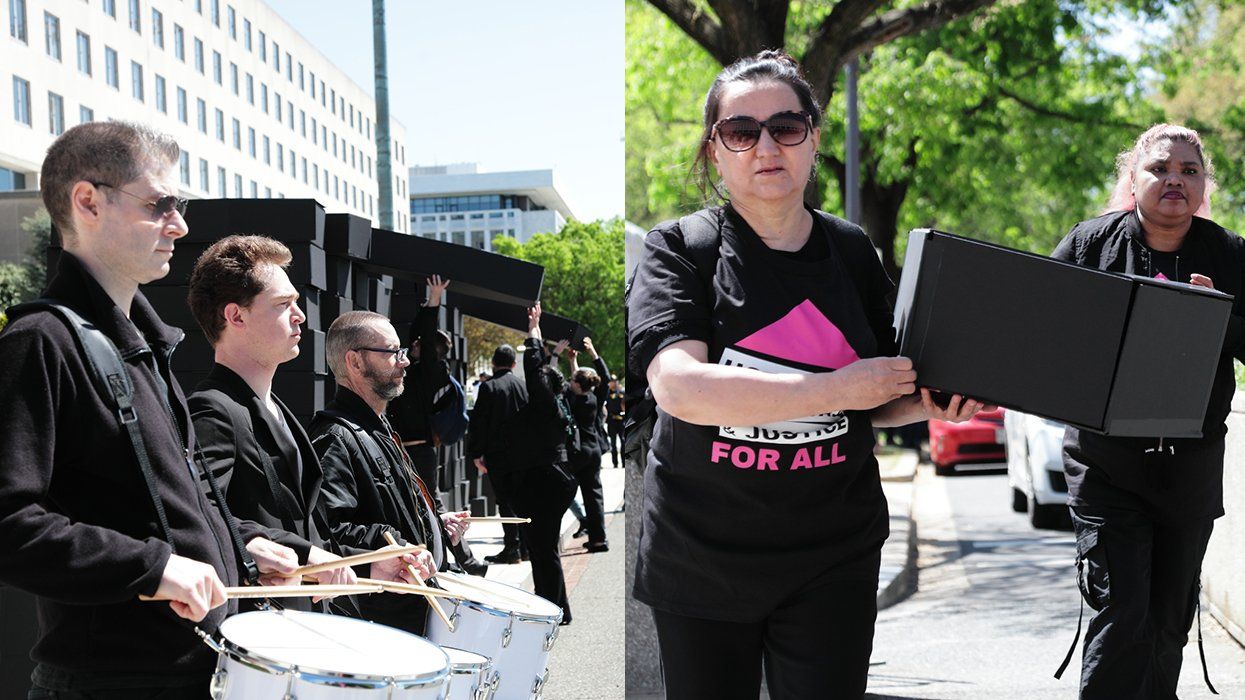
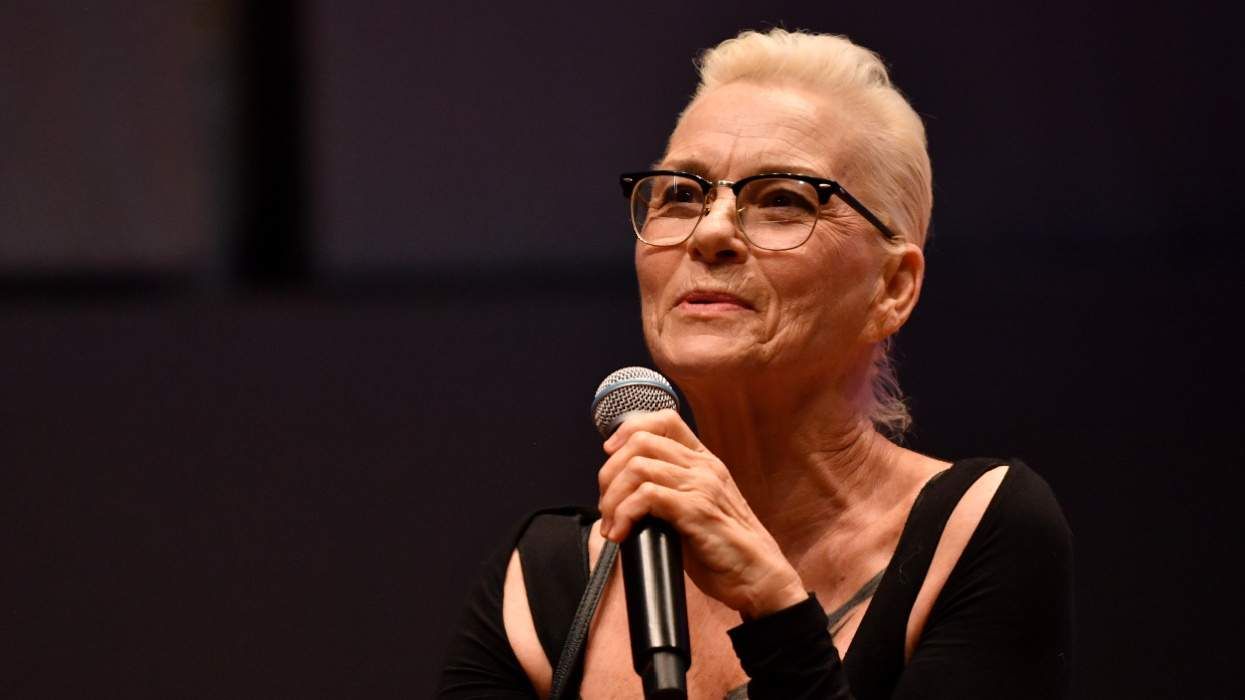
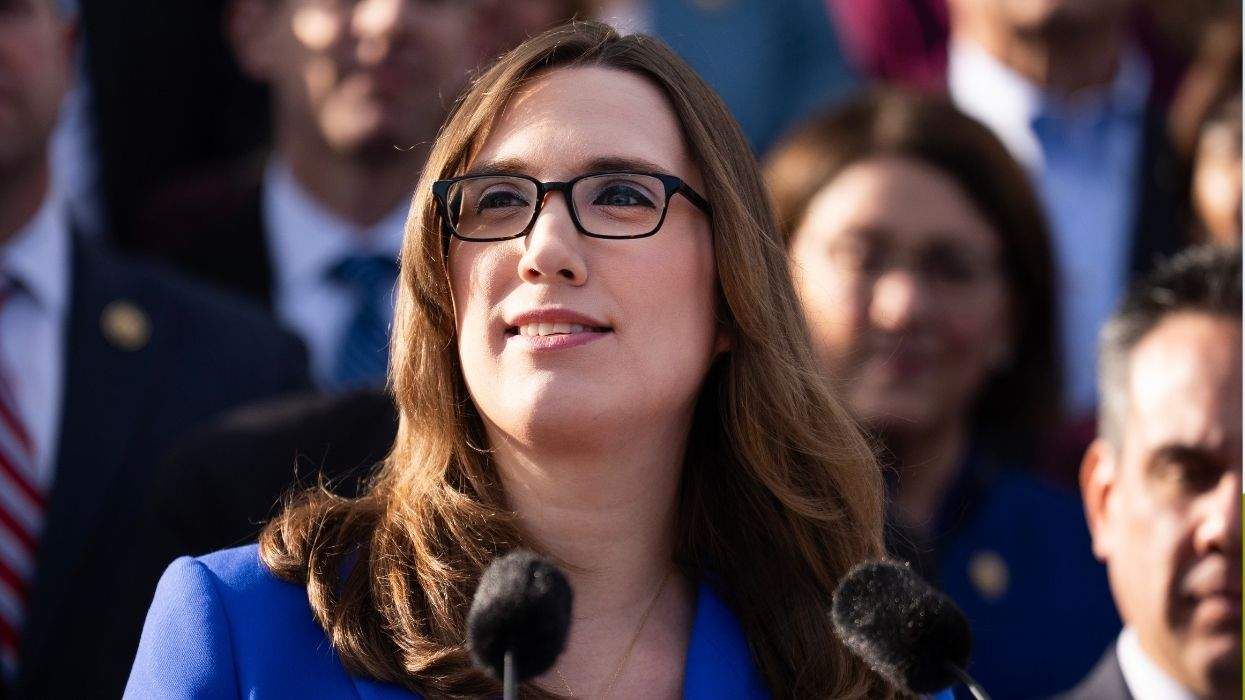



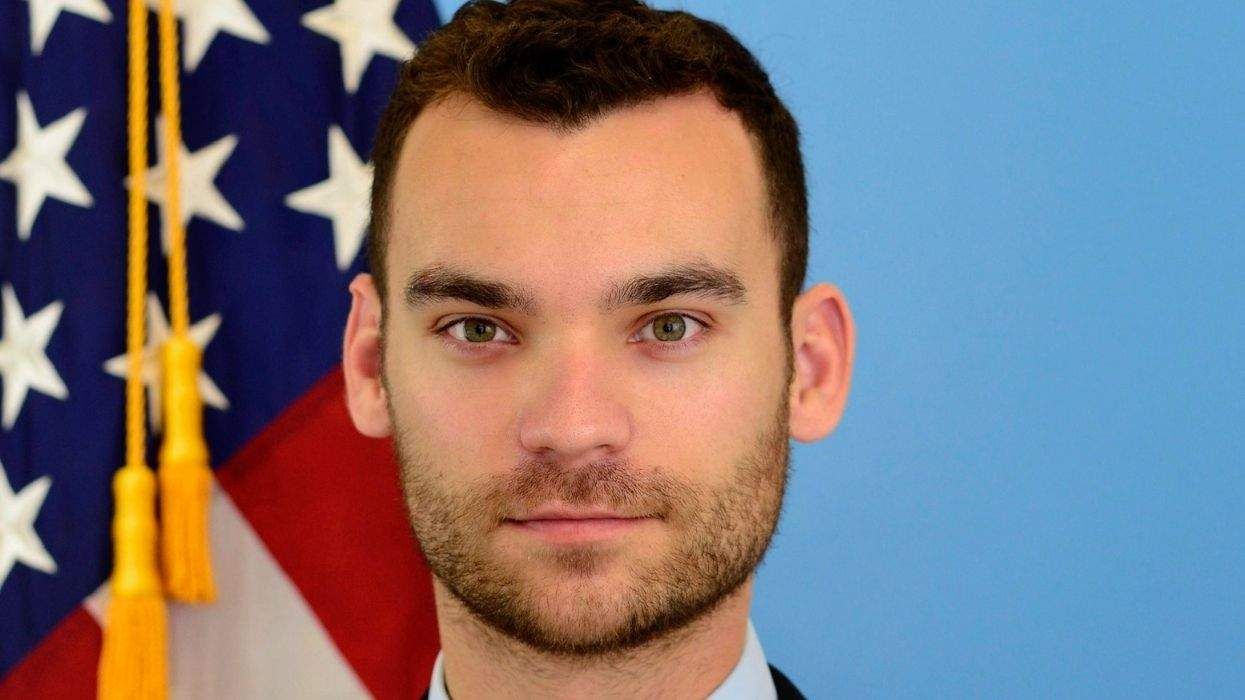

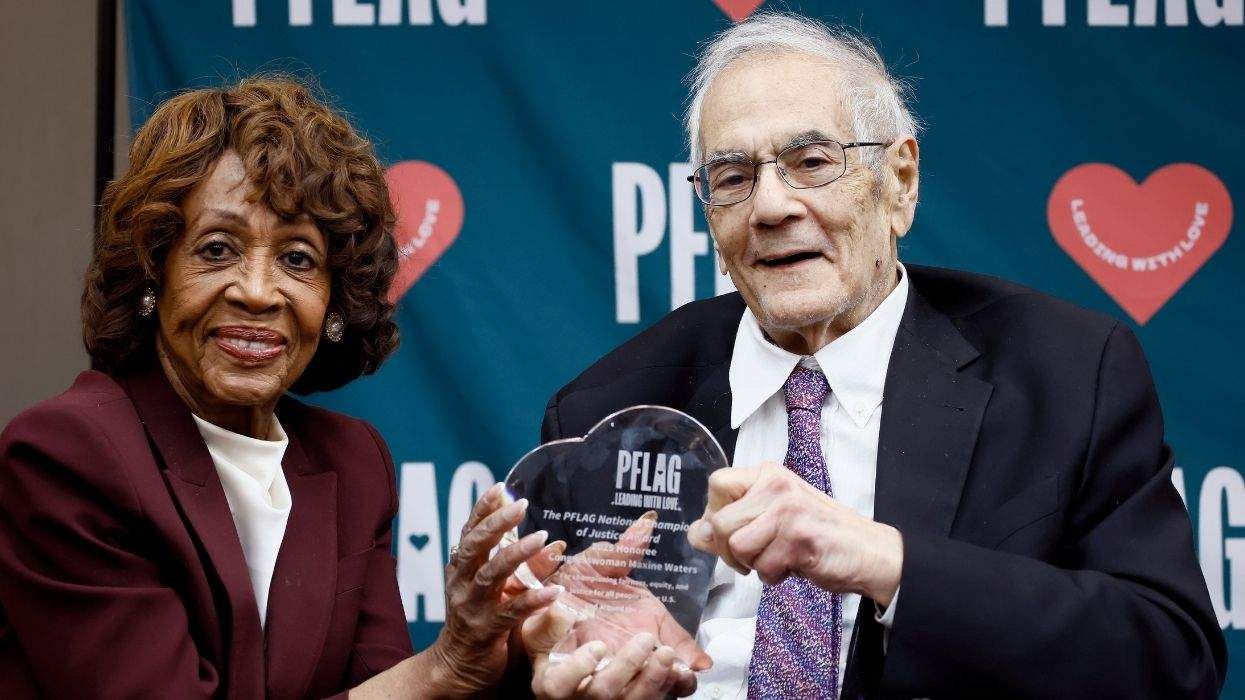
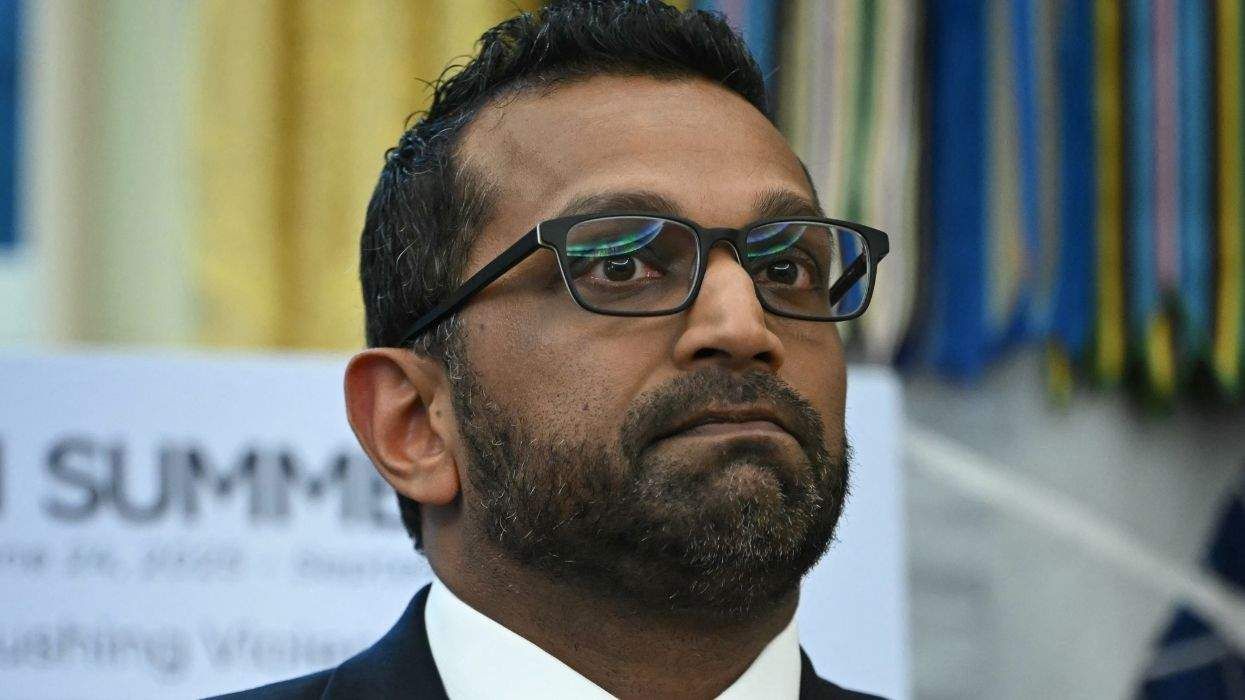

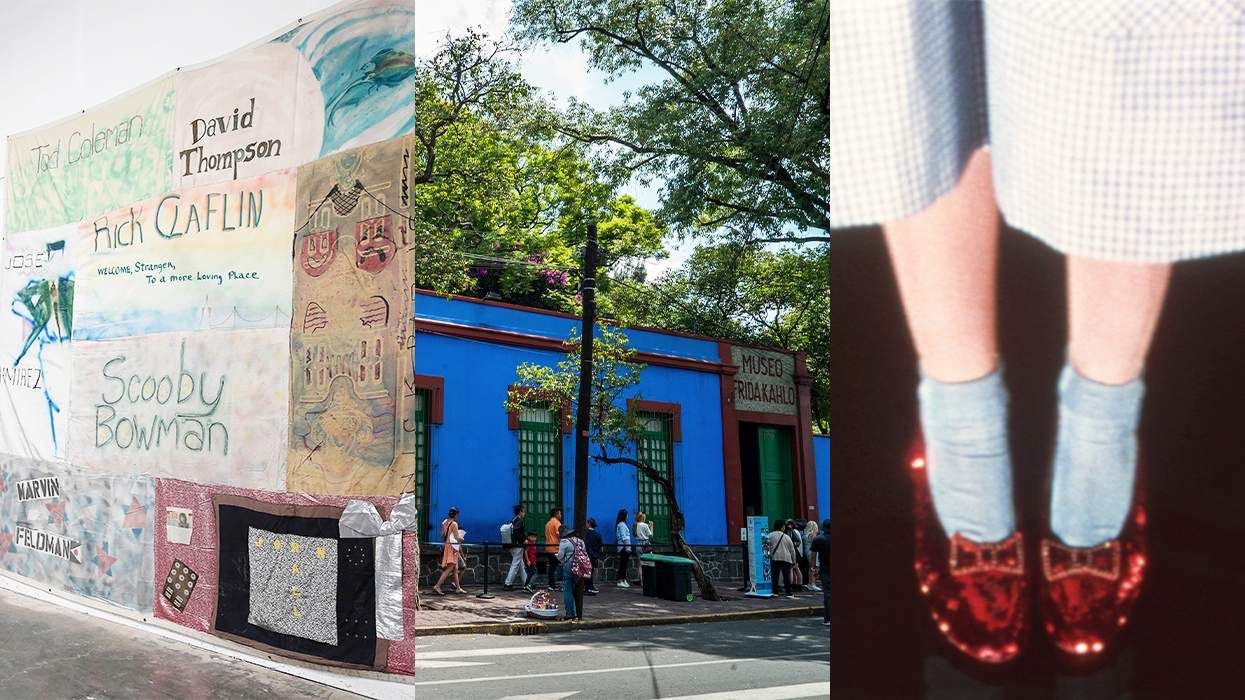

























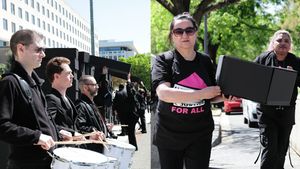


















Charlie Kirk DID say stoning gay people was the 'perfect law' — and these other heinous quotes